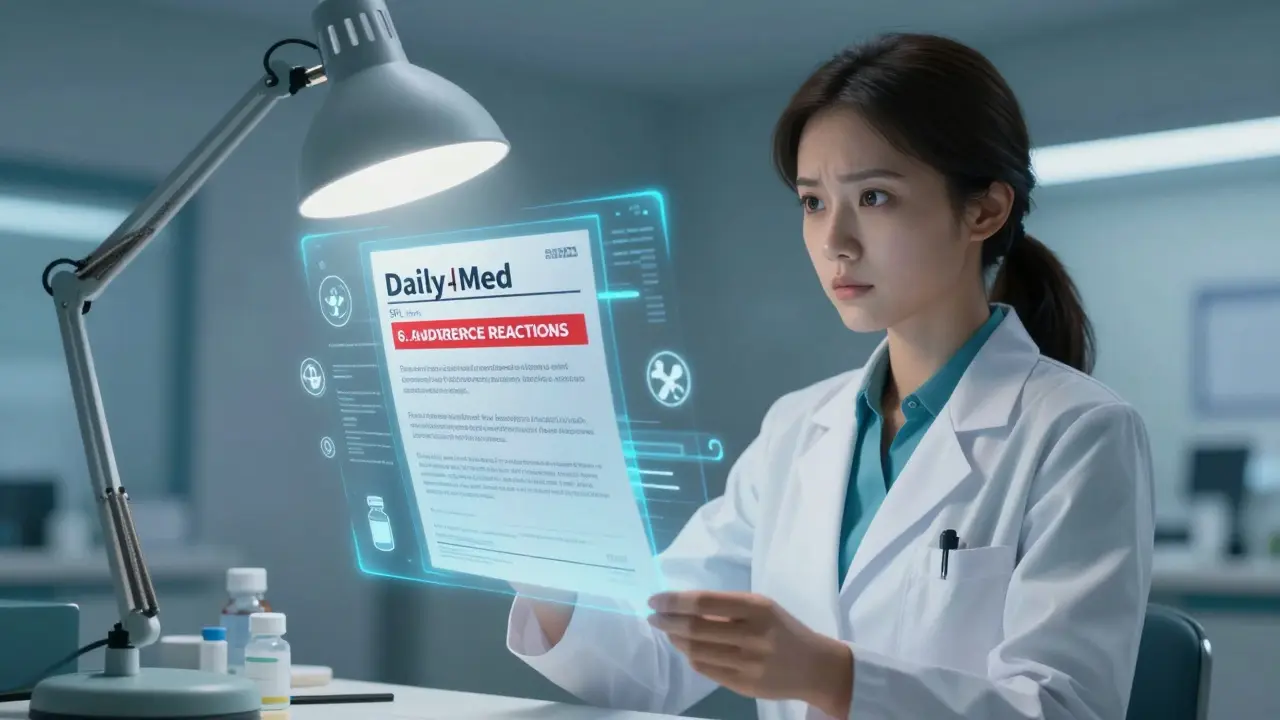Side Effects: What to Expect and How to Handle Them
Whenever you start a new pill, cream, or supplement, the first question is usually "Will it make me feel worse?". Side effects are the body’s way of reacting to a medicine, and they can range from a harmless itch to something that needs a doctor’s call. This page pulls together bite‑size guides that help you recognize, understand, and deal with those reactions before they become a hassle.
Common Side Effects You Should Know
Most medicines cause at least one mild symptom. Think of a cold‑tablet that leaves your mouth dry, a statin that gives you a bit of muscle soreness, or an antihistamine that makes you sleepy. While these are usually short‑lived, they’re worth noting because they can affect daily life. More serious signs—like swelling of the face, trouble breathing, or a rapid heartbeat—aren’t normal and deserve prompt medical attention.
Every drug comes with a profile of likely side effects. The articles linked under this tag break down the list for drugs such as Atorvastatin, Plavix, and Celexa, so you can see what to watch for. If you’re unsure about a symptom, compare it to the listed side effects and see if it’s a known reaction.
Tips to Reduce or Manage Side Effects
Staying ahead of side effects often means tweaking how you take the medication. Taking pills with food can calm stomach upset, while splitting a dose across the day can lower the chance of dizziness. Hydration, regular meals, and a consistent sleep schedule are simple habits that make many side effects less noticeable.
If a reaction feels annoying but not dangerous, talk to your pharmacist about dosage adjustments or an alternative brand. Some side effects fade after a few weeks as your body adapts. However, never stop a prescribed drug without checking with a healthcare professional first.
When side effects interfere with work, school, or sleep, keep a short diary. Note the time you took the drug, what you ate, and the symptom that appeared. This log helps doctors pinpoint the cause and choose the right fix—whether it’s a different medicine or a supportive treatment like an anti‑nausea tablet.
Remember, you’re not alone in dealing with side effects. The guides on this tag include personal stories, step‑by‑step management plans, and quick checklists you can print out. Use them as a reference before you start a new prescription or when you notice something odd after a refill.
Bottom line: side effects are common, but they don’t have to slow you down. Spot them early, use the practical tips here, and keep an open line with your doctor or pharmacist. With a little awareness, you’ll stay in control of your health and get the most out of any medication you take.
DailyMed is the official source for up-to-date FDA drug labels and side effects. Learn how to navigate it to find accurate, current prescribing information - no summaries, no ads, just the truth.
A practical guide on using ampicillin safely in immunocompromised patients, covering dosing, renal adjustments, drug interactions, side effects, and monitoring.
A clear, up‑to‑date guide on Minipress (prazosin) covering what it treats, how to dose it, common side effects, drug interactions and safe purchasing options.



